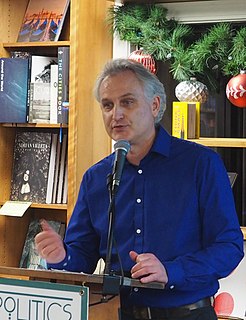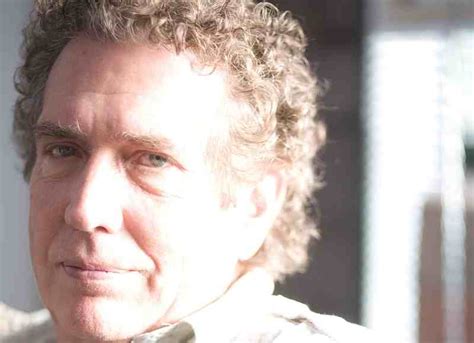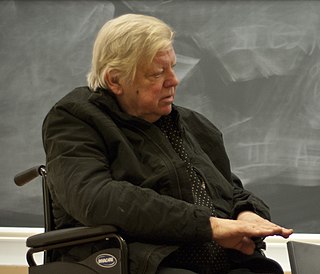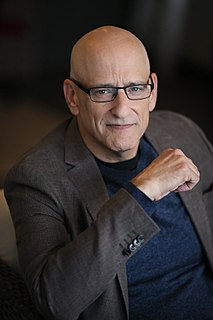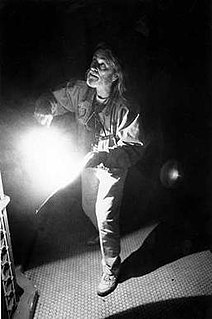A Quote by Trevor Paglen
Infrastructures of power always inhabit the surface of the earth somehow, or the skies above the earth. They're material things, always, and even though the metaphors we use to describe them are often immaterial - for example, we might describe the Internet as the Cloud or cyberspace - those metaphors are wildly misleading.
Related Quotes
I use a lot of similes and metaphors when I work, simply because it's my best way of describing a building or a scene. I'm terrible at describing landscapes - trees, buildings. The inanimate things don't interest me: I always think, "Oh, no, here comes another building I have to describe." So I usually use a simile or metaphor.
I know that to personalize the Earth System as Gaia, as I have often done and continue to do in this book, irritates the scientifically correct, but I am unrepentant because metaphors are more than ever needed for a widespread comprehension of the true nature of the Earth and an understanding of the lethal dangers that lie ahead.
You can make a global film, which affects so many countries and affects sort of this worldwide epidemic, but it has, zombies are great metaphors for the times we live in today and that's what I always find fascinating about them, but then it's like the walking dead, you know, the unconscious, and the metaphors for them are just really something I was inspired by.
I've always been interested, - if you look back at my work from the beginning, really - I've always been interested in the idea of the artificial landscape. Reforming the landscape. Architecture being a method of reforming the earth's surface. We reshape the earth's surface, from architecture to paving streets, to parking lots and buildings that are really reforming the surface of the earth. Reforming nature, taking over what we find. And we're mushing it around and remaking a new earth - or, what we used to call Terra Nova.
Half the people in the world think that the metaphors of their religious traditions, for example, are facts. And the other half contends that they are not facts at all. As a result we have people who consider themselves believers because they accept metaphors as facts, and we have others who classify themselves as atheists because they think religious metaphors are lies.
The epithet beautiful is used by surgeons to describe operations which their patients describe as ghastly, by physicists to describe methods of measurement which leave sentimentalists cold, by lawyers to describe cases which ruin all the parties to them, and by lovers to describe the objects of their infatuation, however unattractive they may appear to the unaffected spectators.



